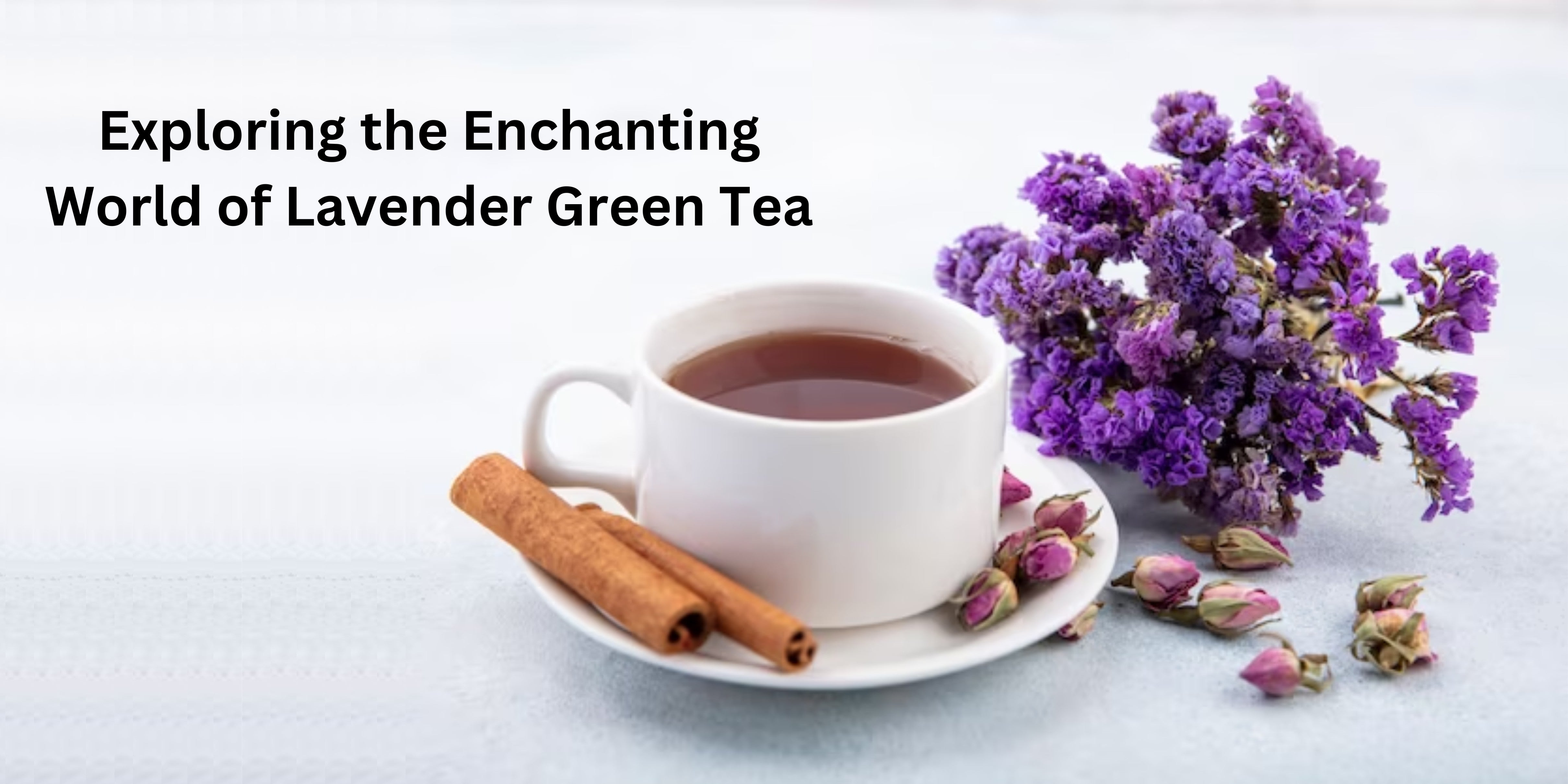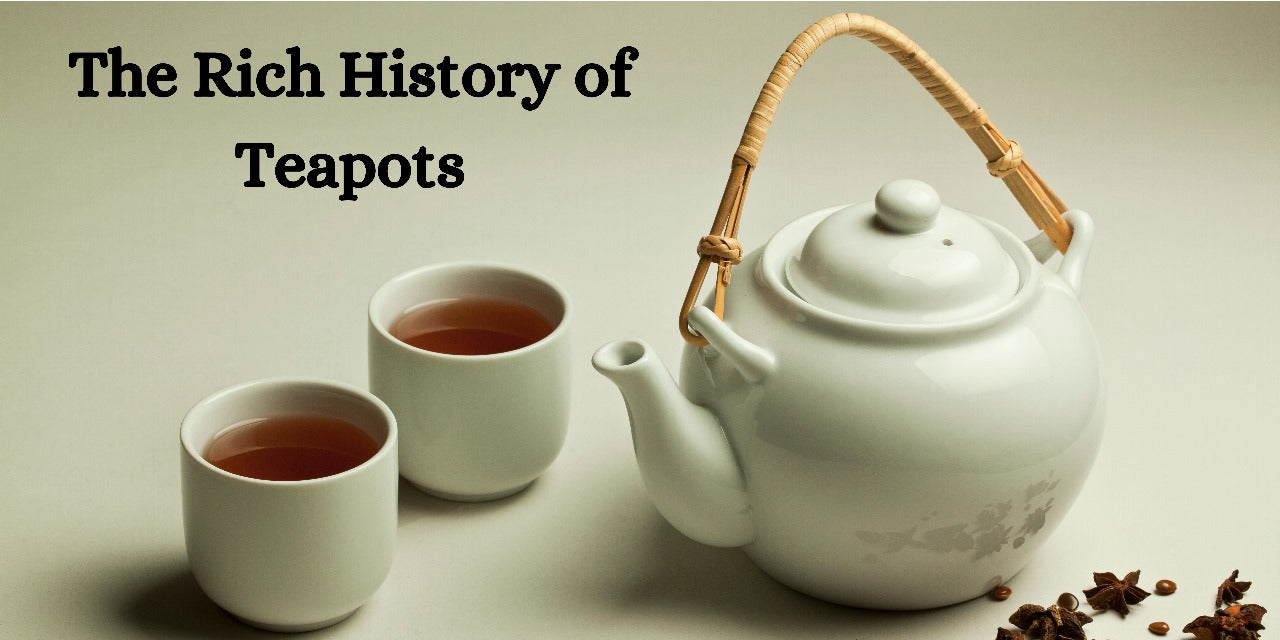Tea, a beloved beverage enjoyed by millions around the world, comes in various forms, each offering a unique blend of flavors and aromas. Whether it's black, green, white, or herbal, tea enthusiasts often find themselves pondering the longevity of their favorite brews. In this blog post, we'll unravel the truth behind the expiry of tea and explore the factors that influence its shelf life.
Understanding Tea Shelf Life
Contrary to popular belief, tea leaves do not come with a strict expiry date like perishable food items. However, it's important to acknowledge that tea, like many consumables, undergoes changes over time that can impact its flavor and quality. The shelf life of tea is influenced by various factors, including its type, processing method, storage conditions, and packaging.
Factors Influencing Tea Freshness
Different types of tea have varying levels of oxidation and processing, which directly affect their shelf life. For instance, fully oxidized black teas tend to have a longer shelf life compared to delicate green or white teas due to their lower moisture content and more robust flavors.
Processing Method
The way tea is processed and handled post-production plays a crucial role in determining its longevity. Factors such as drying methods, rolling techniques, and the addition of natural flavorings can impact the tea's susceptibility to staleness and flavor degradation.
Storage Conditions
Proper storage is paramount in preserving the freshness of tea. Exposure to moisture, light, air, and strong odors can accelerate the deterioration of tea leaves. To maintain optimal quality, it's recommended to store tea in airtight containers away from direct sunlight and strong odors.
Packaging
The packaging of tea, whether it's in loose leaf form or tea bags, can influence its shelf life. Sealed, airtight packaging helps protect tea from external elements, prolonging its freshness. However, once the packaging is opened, the tea's exposure to air and moisture increases, subsequently impacting its shelf life.
Assessing Tea Quality Over Time
While tea may not expire in the traditional sense, its flavor and aroma can diminish over time. As tea ages, it may lose its vibrancy, complexity, and subtleties, resulting in a less satisfying drinking experience. However, this gradual change in flavor does not necessarily render the tea undrinkable, as it largely depends on individual preferences.
Recommendations for Enjoying Fresh Tea
To savor the best qualities of tea, consider the following recommendations:
1. Purchase tea in quantities that can be consumed within a reasonable time frame to ensure freshness.
2. Store tea in airtight containers away from heat, light, moisture, and strong odors.
3. Conduct sensory evaluations of stored tea to monitor changes in flavor and aroma, allowing for adjustments in brewing techniques or consumption timelines.
Conclusion
In the realm of tea, the concept of expiry is more nuanced than a definitive date stamped on the packaging. While tea does not spoil in the same manner as perishable goods, it does undergo changes over time that can impact its sensory attributes. By understanding the factors influencing tea freshness and adopting proper storage practices, enthusiasts can continue to indulge in delightful tea experiences. Ultimately, the appreciation of tea's evolving characteristics adds to flavors the rich tapestry of the tea-drinking journey, inviting exploration and enjoyment across a spectrum of aromas.




